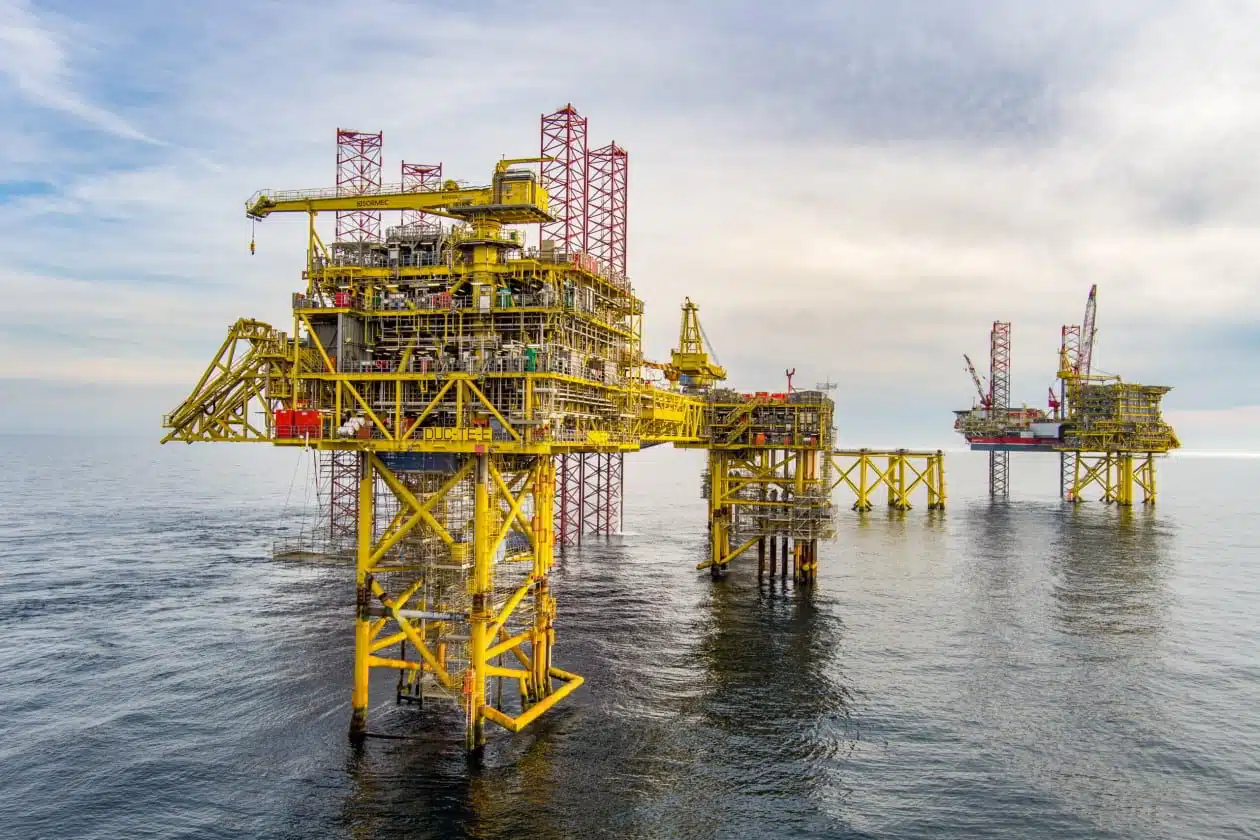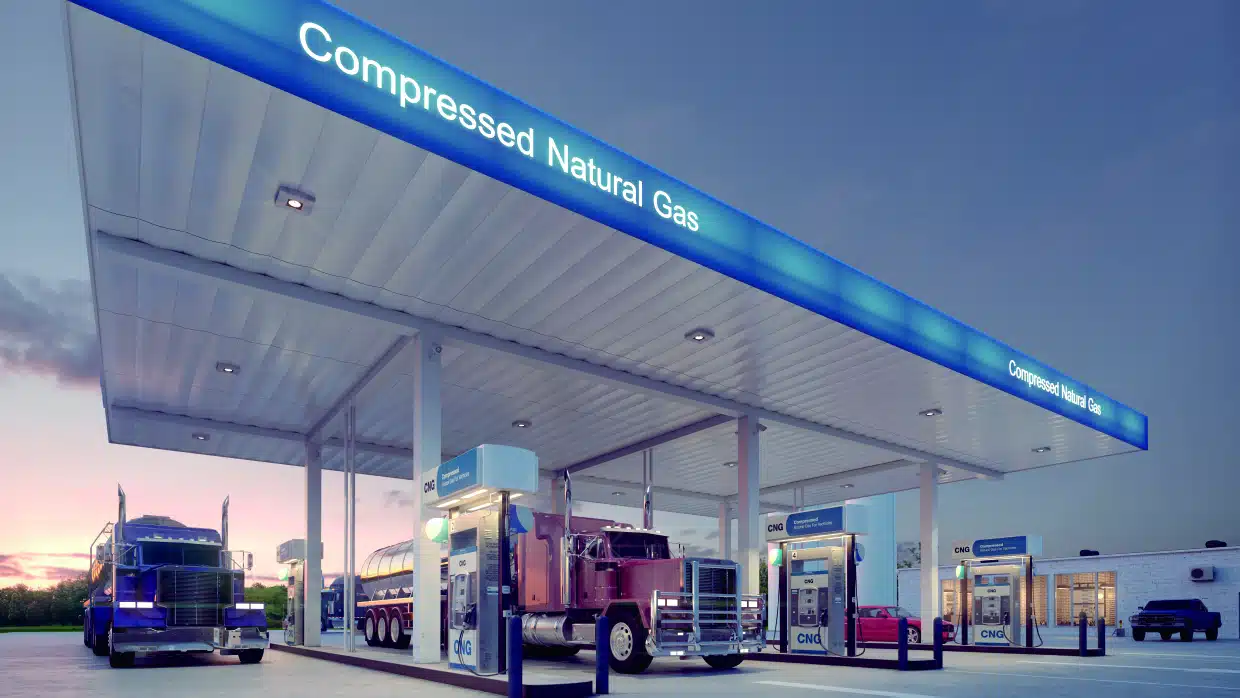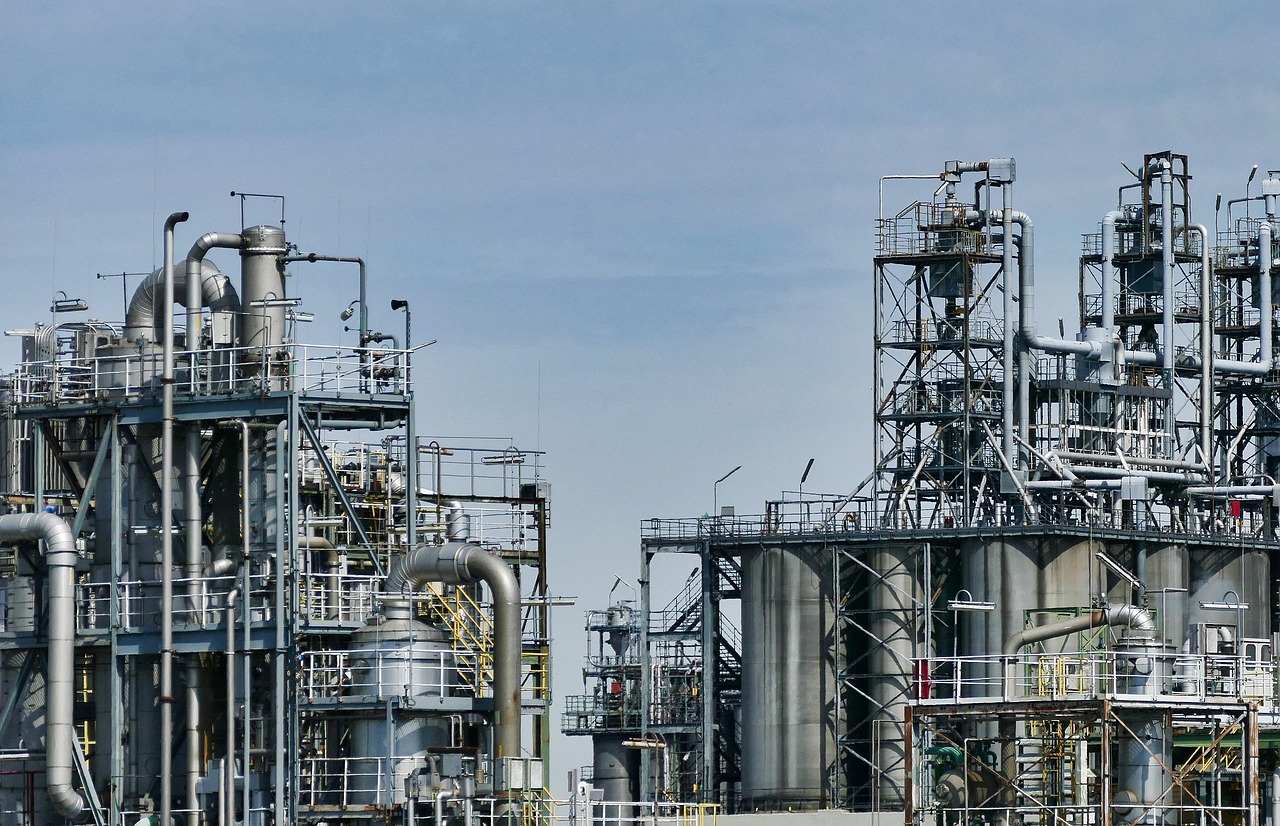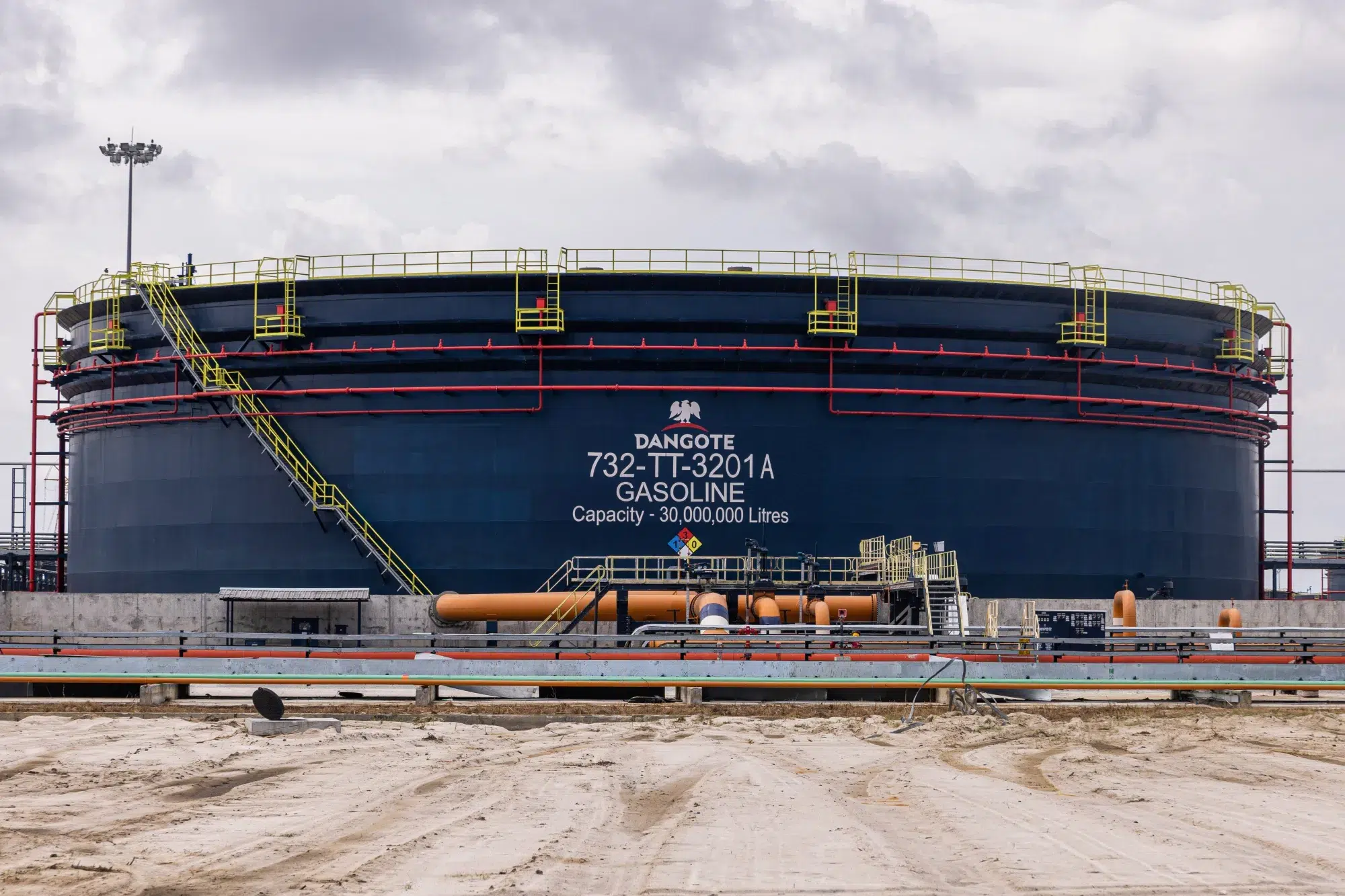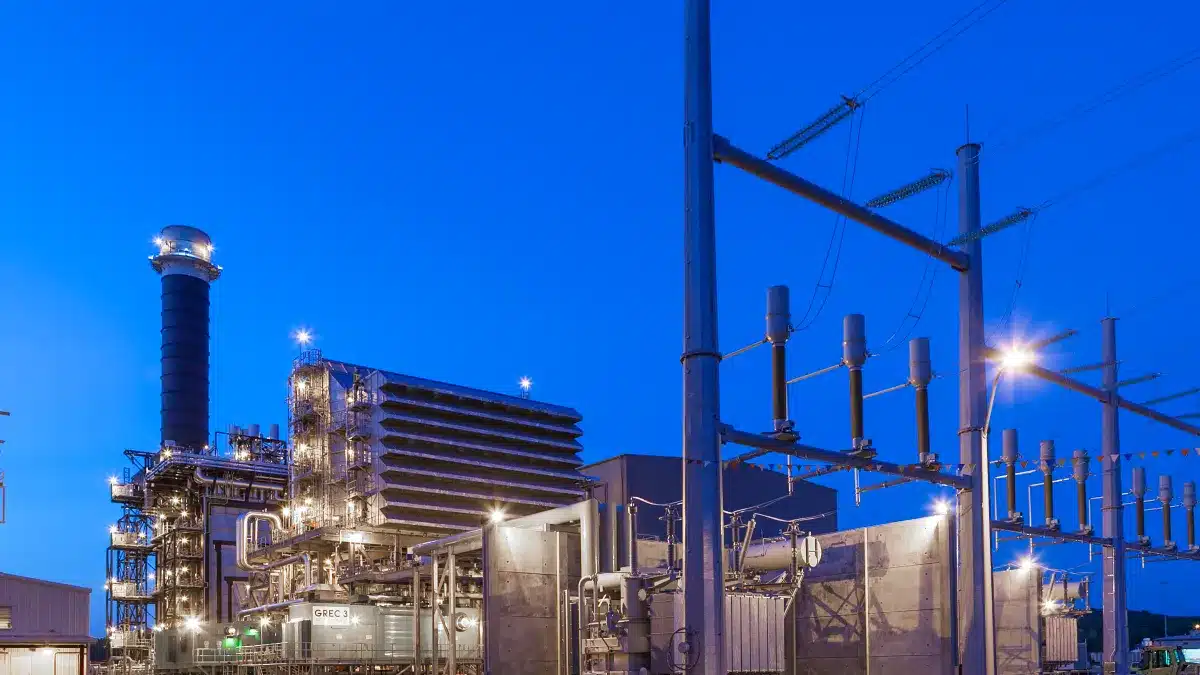Tanzania said it is building on Nigeria’s recent expansion of compressed natural gas (CNG) as it seeks to lower dependence on fuel powered cars and reduce its oil import bill.
The Deputy Minister of Energy James Mataragio stated in Dar es Salaam that the government wants to assure banks and private companies of the sector’s viability.
He explained that development costs could remain manageable if proper financing structures were put in place.
In addition, officials in Dar es Salaam said the government has launched talks with investors and regulators to accelerate CNG use across the country.
The initiative forms part of a broader state investment approach designed to attract private involvement.
Authorities want to encourage the building of filling stations and related facilities to accelerate the availability of gas as a cheaper transport fuel across the country.
Mataragio added that the government sees the plan as a long term measure to improve energy security while lowering costs for consumers.
He noted that the consultations will bring together both local and foreign partners to speed up delivery.
Some pilot projects are already advancing.
Local firm BQ Construction is preparing a station that can serve 180 vehicles a day.
International company Puma Energy has also confirmed plans to open four new stations within three months.
Inspired by Nigeria’s CNG drive
Officials said the Tanzanian approach builds on examples from Nigeria, where large scale investment has supported the growth of CNG.
In 2024, the Federal Government of Nigeria mobilised about $700 million to expand the use of compressed gas.
The Nigerian government set an incentive price of N230 ($0.15) per unit, compared with more than N900 (0.59 dollars) for petrol.
This difference encouraged vehicle owners to convert to gas.
It also allowed companies such as Shell Nigeria Gas and NNPC Gas Marketing to launch more than 90 filling stations nationwide.
Tanzanian authorities believe this experience shows that lower fuel prices can trigger wider use if infrastructure is available.
Beyond transport, the government in Dar es Salaam wants to link the use of CNG to its wider gas policy.
Tanzania holds significant offshore reserves that remain under development, and officials see these resources as a way to reduce exposure to volatile global oil prices.
The authorities have also said they aim to position the country as a regional supplier.
A study by Dairy Hills indicated that expanded CNG use could reduce national energy costs by 58%.
However, experts within the government noted that the shift will require new investment in pipelines, training for technicians, and continued public engagement.
They added that without these steps, the transition may face delays.

